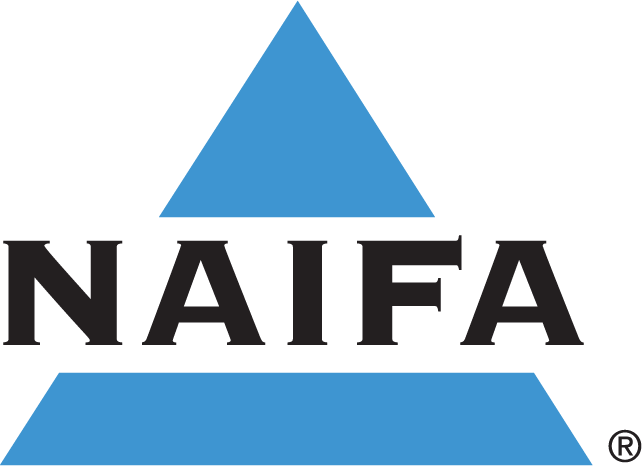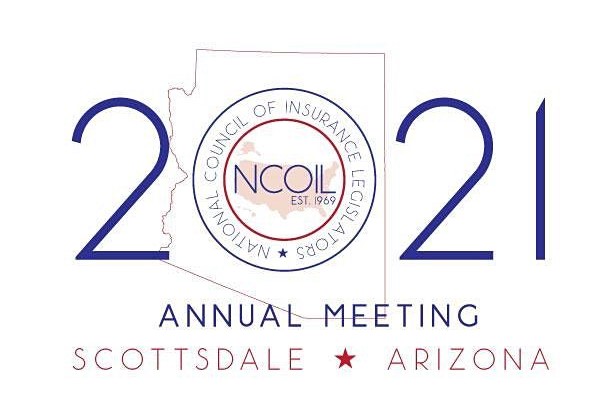NAIFA Policy Director Maeghan Gale and Director of Government Relations Michael Hedge made a presentation on senior financial protection at the annual meeting of the National Council of Insurance Legislators (NCOIL) in Scottsdale, AZ.
Gale and Hedge discussed the important role of insurance and financial professionals in providing guidance for retired individuals. When a person retires, their need for financial services doesn’t end. NAIFA members help senior clients with budgeting and estimating their expenses, developing effective retirement plan disbursement strategies, obtaining coverage for healthcare, finding limited and extended care solutions, and creating financial legacies to leave loved ones or charities. NAIFA members have expertise in retirement planning, long-term care, estate planning, Social Security, Medicare, Medicare supplements, and other topics important to the financial security of seniors.
Approximately 20% of older Americans are exploited financially, with each victim losing an average of $120,000. The exploitation of Americans over the age of 50 costs the U.S. financial industry approximately $1 billion each year.
Financial professionals – and particularly NAIFA members, who abide by NAIFA’s Code of Ethics – provide protection against financial scams and fraud, Gale and Hedge said. NAIFA members may be the first to identify suspicious activities with their clients’ accounts. They also develop ongoing relationships with clients and serve as a valuable resource for clients who may be the targets of scammers.
According to a recent survey of NAIFA members, 100% provide financial services to older Americans. Nearly six out of ten said that they ensure that a trusted individual is also involved in their older clients’ planning, and 45% said they help older clients overcome limited access to technology. NAIFA has partnered with AARP to encourage NAIFA members to participate in AARP’s BankSafe program, which provides free training to help financial professionals spot and prevent the financial exploitation of seniors.
NAIFA’s advocacy also promotes policies to protect seniors, Gale and Hedge told the NCOIL attendees. NAIFA supported the Senior Safe Act, legislation that allows agents and advisors to report suspicious financial activities involving accounts of senior citizen clients to financial institutions, which are empowered to investigate and report suspected cases of fraud to the authorities. NAIFA worked with members of Congress to extend the Senior Safe Act to include not only securities but also the insurance industry.







